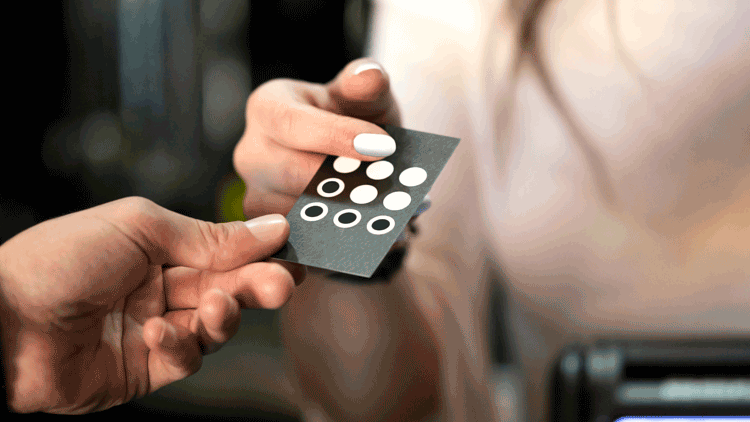Comment: Are you ready to get personal?

Who remembers the long-running TV show based around a bar where, ‘everybody knows your name’? Despite ending its hugely successful stint some 30 years ago, I reckon most if you (depending on your vintage, of course) will be able to name Cheers and, while a lot may have changed in hospitality on both sides of the Atlantic since Sam Malone called time, the sentiment of that cheery lyric still rings true; the personal touch separates the very best in hospitality from the rest. That could be a friendly smile at the bar and presenting a customer’s favourite drink before they’ve asked for it, providing bespoke offers, reminders and messages on key dates, or even ensuring they have their favourite table on special occasions.
Personalisation potential
These days, technology can help deliver this for every customer because, while it is not a replacement for the personal touch, it can play a vital role in obtaining more information and tailoring those offers and promotions. Zonal’s most recent GO Technology report, in partnership with Airship and powered by CGA, provides a fascinating insight into the full extent of the personalisation opportunity.
The study of 5,000 nationally representative consumers completed last month, revealed that 80% of people have some interest in personalisation from the restaurants pubs and bars they visit, and it appears that this number is only likely to grow. That’s because, in short, the younger the person, the more likely it is that they will want personalised experiences. Fewer than one in 10 (9%) of those aged 18 to 24 say they have no interest in it, but that number grows to 46% for those aged 65 and above.
As well as this generation gap, the survey revealed a gender gap when it comes to personalisation. Women are more open to engaging with personalisation than men – for example, they are 12 percentage points more likely to be interested in tailored food and drink promotions and customised rewards for loyalty and are also more likely to be willing to share the data needed to help operators deliver them a more bespoke experience. This is significant because we know from our own insight that women are key decision makers, being the ones to take the lead when it comes to planning and booking a meal or drinks out.
More than money off
In tough financial times such as these, it will come as little surprise that discounts and deals top the list of what people expect from operators looking to deliver that personal touch
Some 45% think of these as a ‘nice to have’ while a third 33% expect tailored discounts as a matter of course. Loyalty schemes also score high – with almost a third (29%) interested in a loyalty scheme with rewards that are personalised to their habits and preferences. The same percentage expect to receive updates about things like the status and timing of their orders.
However, there are opportunities beyond financial rewards. Tailored recommendations, based on previous orders, and celebratory details such as balloons on birthdays also tick a lot of boxes, as do recommendations on favourite meals, and food and drink pairing suggestions.
Greater Data
Businesses that do offer more personalised experiences such as these can expect to see a 10 to 15% revenue uplift, on average, according to a recent McKinsey & Company report. This is not an insignificant opportunity at any time but at this point in time, it could be a business saver. There is, however, one big challenge for anyone looking to grab some of that revenue uplift: data collection.
Our research shows that many consumers are reluctant to part with personal information, with just 37% willing to hand over those all-important email addresses, for example. There is also some reluctance to hand over details such as a home address, parental status or social media handles.
More generic information, however, is more readily given, with 47% willing to tell venues their favourite drink, for example and a similar number will divulge their favourite cuisine or dishes. Whatever information you ask for, though, the research clearly shows that consumers need to be reassured about its security if they are to be persuaded to hand it over and that they are much more likely to do so before they visit (53%), compared to afterwards (16%).
Through clear communication and by offering the right incentives, venues can increase sales and customer engagement through more personalised experiences. By knowing a name, providing great service and most importantly paying attention to individual needs, you can be fairly confident that those same people will always be ‘glad they came’ and they’ll be back for re-runs for years to come, too.
Olivia Fitzgerald is chief sales and marketing officer at Zonal












